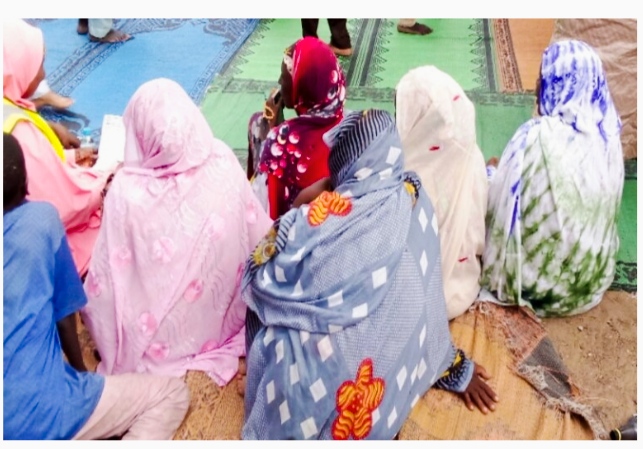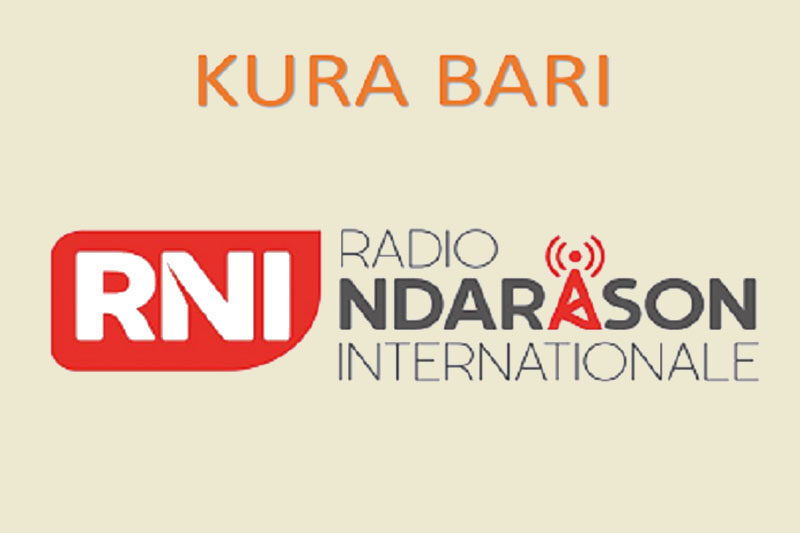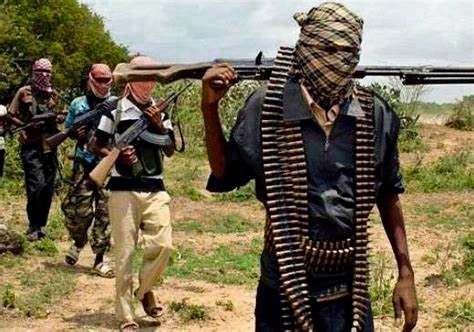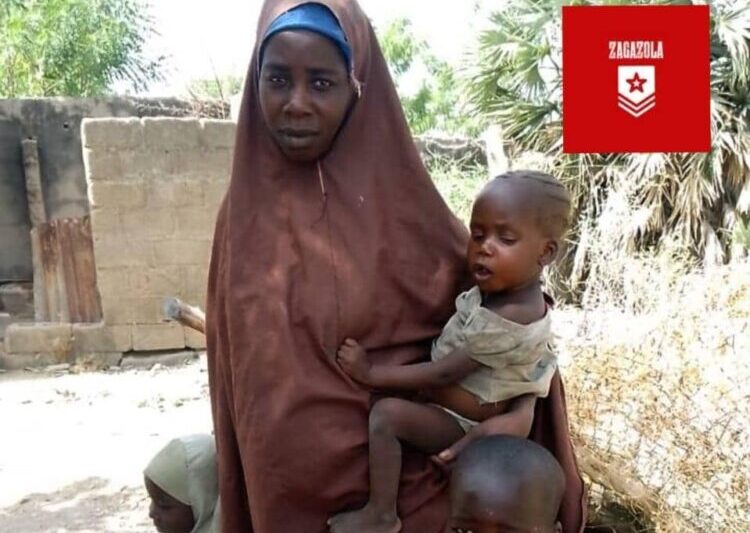With Eid ul Adha just days away, livestock sellers in Borno State say they do not have much to celebrate.
In the local government areas of Jere, Konduga and Maiduguri, few people are buying sheep or cows.
Eid ul Adha – the Feast of Sacrifice – is the most important feast of the Muslim calendar. This festival is celebrated throughout the Muslim world as a commemoration of Prophet Ibraham’s willingness to sacrifice everything – even his son – for Allah.
According to the Qur’an, Ibrahim was about to sacrifice his son when a voice from heaven stopped him and allowed him to make something else as a “great sacrifice”. In this case, a ram was sacrificed instead of his son.
But local traders said many people were too simply too poor to buy rams this year. Even before COVID-19 hit, the economy was down. Now, with the pandemic, even more people had lost their jobs and were scraping by to put food on the table.
The ongoing violent conflict in the area – mostly attacks by members of the Islamic State West Africa Province (ISWAP) and the Jamā’at Ahl as-Sunnah lid-Da’wah wa’l-Jihād (JAS), more commonly referred to as Boko Haram – had resulted in people fleeing in fear of their lives. Millions had been displaced and could no longer continue farming.
Most of these people now lived in camps or in host communities. They had little means and could not find jobs. International and local aid agencies provided them with the little they had.
The prices of all foodstuff – but particularly livestock – had increased beyond the means of internally displaced persons and even many residents.
Lawan Modu, who sells rams from a stall in Damboa Road, said: “Compared with last year, it’s almost as if I have not sold any animals. Hardly anyone can afford to buy them. The lack of livelihoods and food insecurity has made life hard for everyone. Most people are living in poverty.”
Modu said that at the same time last year livestock traders had been “bombarded with customers”. But this year, he said, people were buying more foodstuff than livestock.
He was hoping things would improve this week in the run-up to Eid ul Adha, which begins on the evening of July 19 and ends on the evening of July 21.
Muhammed Makinta said a ram that used to cost 50,000 naira was now selling for 60,000 to 65,000 naira.
“People are saying they just cannot afford it.”
Makinta urged parents to try to make an effort to buy a ram, adding that children would be embarrassed to see their neighbours celebrating when they could not.
Mustapha Yawuri, said the problem was “a lack of money in the hands of people”.
He said: “People ask what the price is, but they go away empty-handed – they just cannot afford it. Now all of us who trade in livestock are feeling threatened. If people do not buy from us, we could lose our businesses. We are scared. What will we do if we cannot sell livestock?”
The traders said they usually got their livestock from Gamboru Ngala, Gubio and Monguno in Borno State and from Babban Gida in Yobe State. But, they said, the price of importing the livestock had increased, which in turn meant they had to sell the animals for more money than before.
Instead of making a profit, they were losing money. In many cases, they were not making any money at all.
The traders said the government, non-governmental organisations and wealthy citizens should help the less privileged at this time because during Eid ul Adha was when people gave money to enable poorer members of their local communities to celebrate by eating a meat-based meal.
- Eid ul Adha is a time when Muslims celebrate Ibrahim’s loyalty and obedience to Allah above all others. Muslims dress up in new clothes and go to the mosque in the morning for special prayers. Later, family and friends get together for a big meal. Many symbolically sacrifice an animal in an act known as qurbani. This represents the animal that Ibrahim sacrificed in place of his son.
There’s usually lots of delicious food, including sweets.
However, this year’s gatherings – because of COVID-19 – will most likely be much smaller and families might meet online.
Millions of Muslims travel to Mecca to perform the pilgrimage of Hajj in Saudi Arabia when Eid al-Adha begins. This year, with social distancing in place, the event has been scaled back. Only 60,000 people who are vaccinated and live in Saudi Arabia will be allowed to perform the Hajj.








